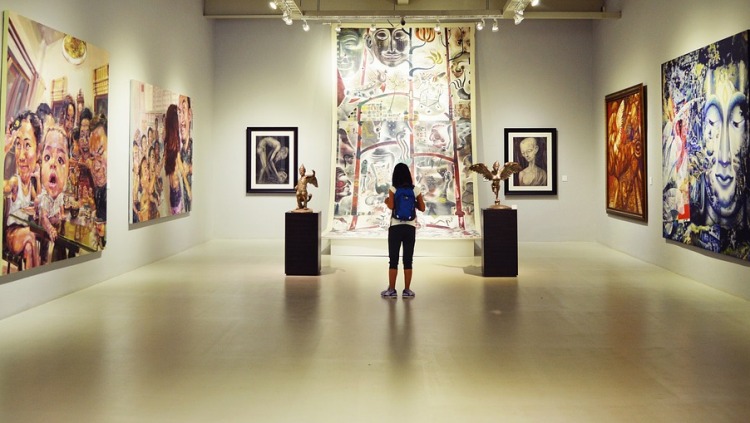SA pavilion to symbolise freedom of expression at 58th International Art Exhibition
The pavilion will showcase works by the artists Dineo Seshee Bopape, Tracey Rose and Mawande Ka Zenzile – under the theme “The Stronger We Become”.

- Country:
- South Africa
The South African Pavilion at the 58th International Art Exhibition - la Biennale di Venezia – is expected to put social, political and economic resilience under the spotlight.
The pavilion will showcase works by the artists Dineo Seshee Bopape, Tracey Rose and Mawande Ka Zenzile – under the theme “The Stronger We Become”.
The Department of Arts and Culture explained that the pavilion will symbolise freedom of expression, the freedom to create challenging work and the freedom to present dissenting voices that displace geographical space and speak for self-determination.
“This international art exhibition in Venice is an important platform to showcase South Africa’s rich and varied artistic talent, especially in the year in which South Africa celebrates 25 years of freedom and democracy,” said Minister Nathi Mthethwa.
The department has appointed the Michael School of Art based Nkule Mabaso and Nomusa Makhubu to curate the pavilion at the La Biennale di Venezia which will run in Venice, Italy from 11 May – 24 November 2019.
According to the curators the proposed theme engages with the determination and tenacious spirit of South Africans.
“Resilience becomes one of the crucial aspects in understanding South Africa and its people. We need to be able to celebrate our many achievements, while we also confront our shortcomings.
“While South Africa remains a fragmented society with a fragile political landscape, there is still agency reflected in these artists’ works that buoys social resistance,” the curators explained.
Bopape offers intuitive installations that transform spaces into meditative arenas where historical narratives, fiction and personal narratives are wittingly interwoven.
Ka Zenzile’s work draws from African epistemology and the foundations laid by the father of Black Consciousness Movement, Steve Bantu Biko (1977), as well as African postcolonial thought leader and Kenyan writer Ngugi Wa Thiong’o.
While Rose’s work reflects the cultural, economic and political differences that mark the contemporary world and in particular post-apartheid South Africa, along with identity-related issues.
The department added that this exhibition is not only to recognise the brilliance of this trio of artists but also to open up debates about the narratives of social resilience that are reflected in their creative practice.
(With Inputs from South African Government Press Release)
ALSO READ
Reviving Forgotten Freedom Fighters' Legacy: Azadi Ka Amrit Mahotsav's Tribute
Unchaining Change: Freedom Looms for Karroubi After 14 Years
Unlock Financial Freedom with AU NOMO Credit Card
Freedom Shield: Strengthening U.S.-South Korea Military Alliance Amid Tensions
Freedom at Last: Olivier Grondeau Released After 887 Days










